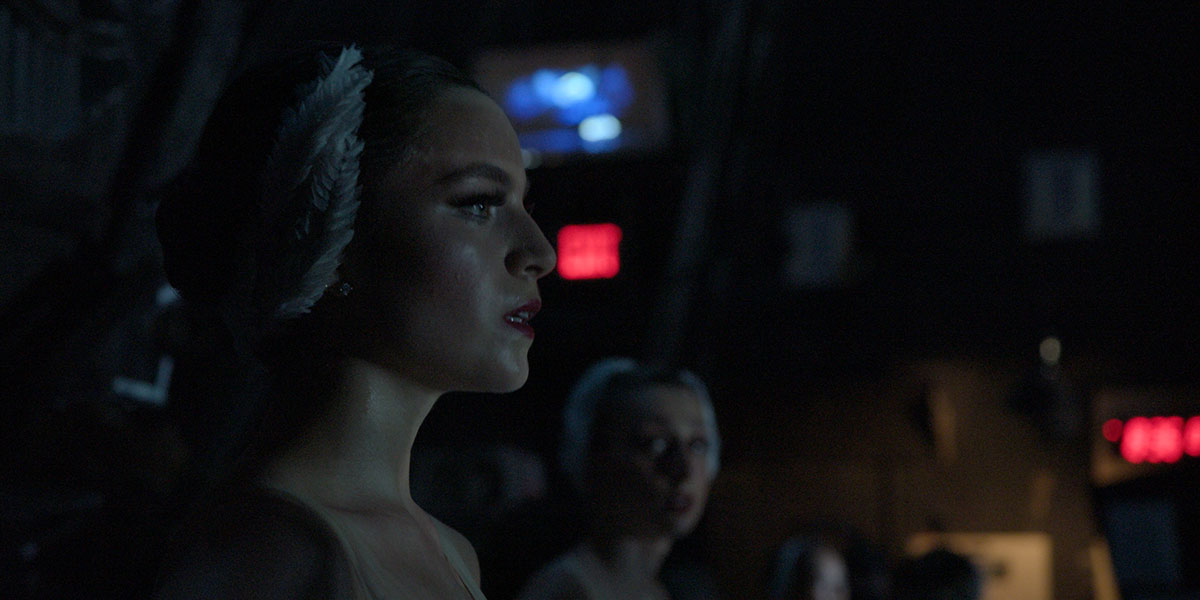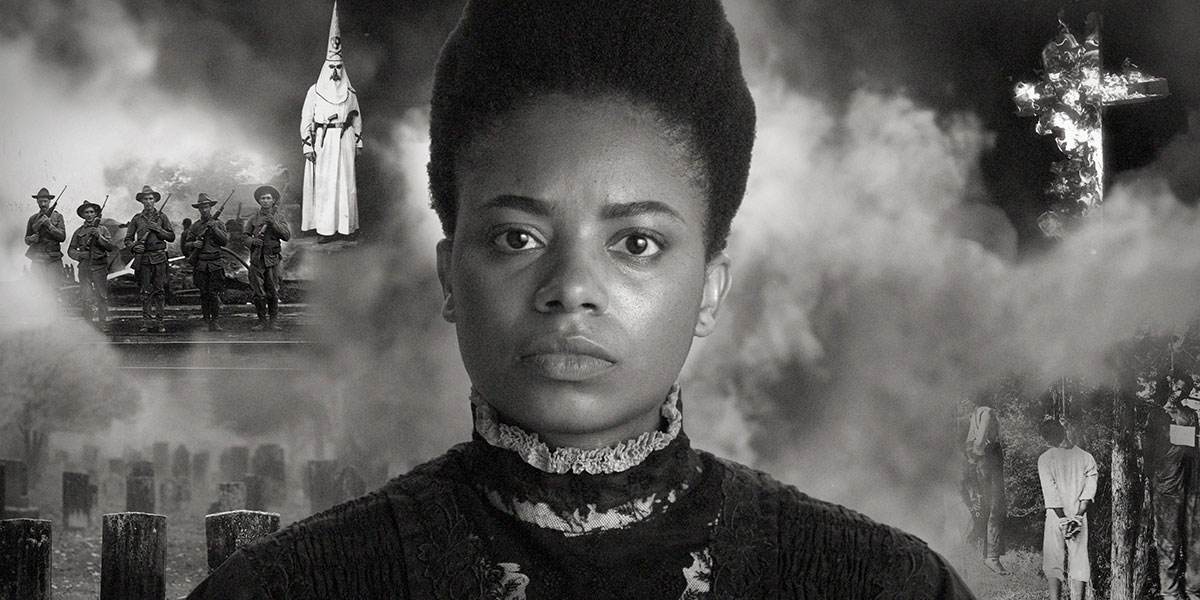Swan Song
(Canada, 100 min.)
Dir. Chelsea McMullan
Programme: Gala Presentations (World Premiere)
After an illustrious 50 year career, Karen Kain takes her final bow. One of the world’s foremost preeminent ballerinas, Kain said goodbye to the world she gave so much of herself to with a Swan Lake for a new generation of dancers. The appropriately titled Swan Song is Chelsea McMullan’s follow-up to their critically lauded Ever Deadly. Similar to their treatment of Tanya Tagaq, McMullan’s film isn’t a straight biography of Kain. Rather, Swan Song is part “making of” and part artist profile — paying as much mind to Kain, principal dancer Jurgita Dronina, and the corps de ballet, among others.
Kain announced her retirement as the Artistic Director of the National Ballet of Canada at the end of 2019, with the expectation that her production of Swan Lake would take place in Spring 2020 and Kain would begin 2021 officially stepping down and transitioning into her new role as Artistic Director Emerita. Of course, the world had other plans. Swan Song does well not to belabour the effects of the pandemic and the subsequent lockdowns, albeit they are hard to avoid. Just as Kain and the whole company had to, McMullan puts the production’s two-year delay in the film’s rear view mirror, focusing primarily on the challenges and triumphs ahead.
Introduced early on, Dronina emphatically illustrates the demanding requirements placed on dancers, particularly those who ascend to her level. The physicality and mental agility needed on stage and off can be overwhelming and Dronina doesn’t sugarcoat the toll her job takes on her and her family. McMullan presents Dronina with little sympathy, mainly because Dronina doesn’t sympathize with herself very much. Instead, the dancer refreshingly offers her story as one of perseverance and hard work by necessity. In one instance, Dronina, who grew up in the Soviet Union, amusingly contrasts the activity-dense upbringing her children have with her own: “I grew up with, ‘if you do something, you do it seriously’ – not as a hobby.”
Where Swan Song excels is in placing the spotlight on the corps de ballet. Directly translating to “the body of the ballet,” the corps make up the background dancers who create the canvas for principal dancers and soloists to move among. A highly synchronized and orchestrated affair, the corps especially holds a significant purpose as the swans in Swan Lake.
A number of young women make up the corps with McMullan focusing particularly on dancers Tene Ward and Shaelynn Estrada, who represent the changes ballet currently calls for. Ward, an Australian dancer with Sri Lankan, African American and Cherokee Indian roots, is shown pancaking her pointe shoes — that is, painting her pale pink satin shoes with foundation to create the elongated body lines desired in ballet. Estrada, a dancer from Texas, shares her story of growing up “egg shell white trash,” while also openly discussing her mental health issues.
Prior to the costumes being made for Swan Lake, Kain makes the decision to have the corps dance without the traditional pink or white tights, in turn, allowing a dancer’s skin tone to be unencumbered by stark and abrupt contrasts. Although Ward is pleased with this announcement, she notes that it hasn’t been met with unanimous approval by her colleagues. Interestingly, McMullan and her team capture Estrada speaking with choreographer Rob Binet about this change, concerned that scarring on her legs due to self-harm will pose an aesthetic problem for the company.
Swan Song navigates this new reality facing dancers today with a great amount of sensitivity and delicacy. Ward is given the space to express her passion and frustrations over ballet without judgment, and Estrada shines in two breathtaking shots of her freely dancing outside of the company, exemplifying the therapeutic use of ballet, allowing her to break free from her past. It’s through the stories from Ward, Estrada, and the other members of the corps that Swan Song shows its intention: to honour Kain is to lift up the next generation.
In lieu of an anguished or bittersweet goodbye from Kain, Swan Song portrays an industry and profession in the throes of change with the hopes of welcoming dancers from all walks of life. Kain’s accomplishments as a dancer notwithstanding, the film successfully contends that her true legacy lies in the contributions she’s made to ensure that the ballet world she leaves behind is better than the one she entered.
For one last time, Ms. Kain: Mérde!
Swan Song premieres at TIFF 2023.
Read more about the film in our cover story for issue #119.
Get more coverage from this year’s festival here.













